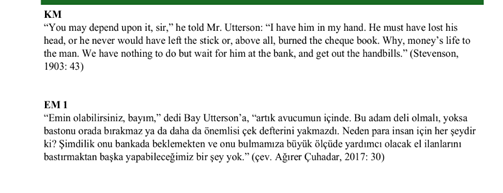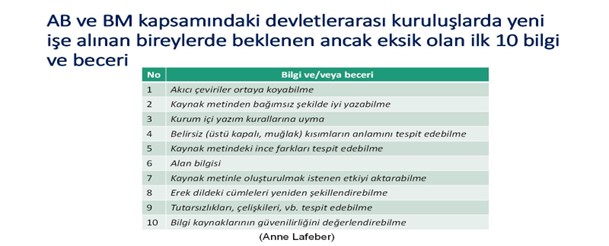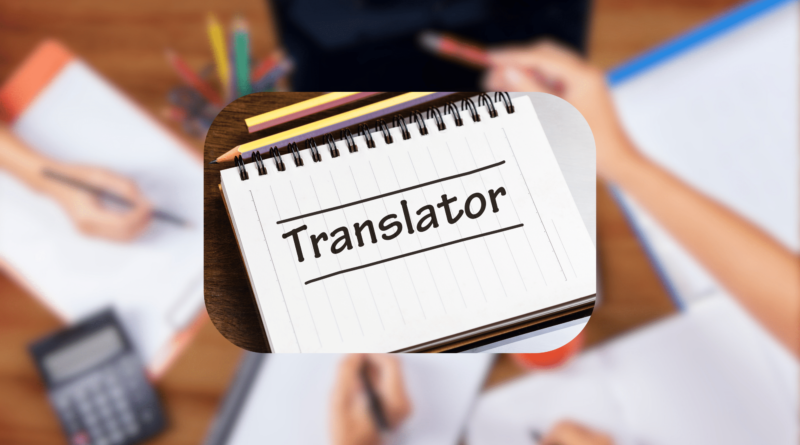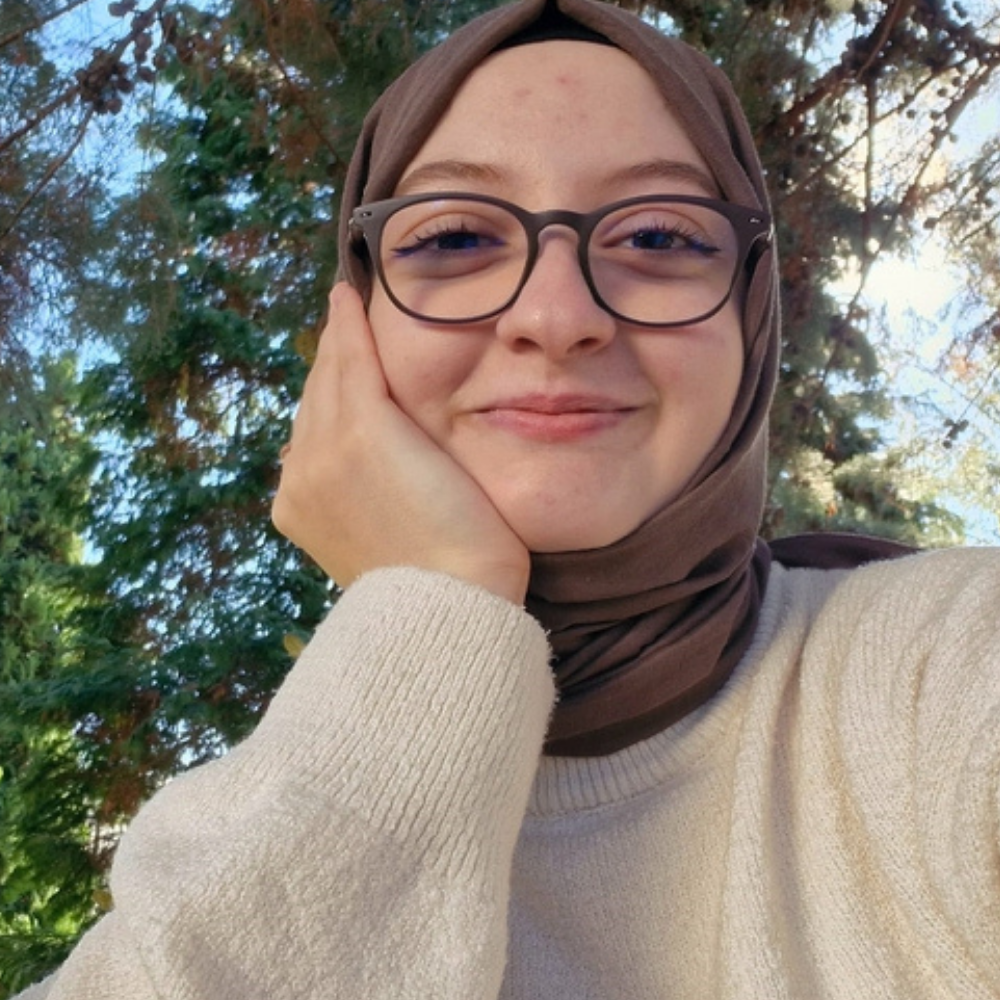Be the Voice: Translator
Be the Voice: Translator
As George Steiner says, “Without translation, we would be living in provinces bordering on silence.” While it may seem that the importance of translators is decreasing day by day with the developing technology, on the contrary, technology increases the need for translators even more. Yes, artificial intelligence can provide a good translation on a word-by-word basis; however, most of the time this translation falls short in terms of contextual, cultural, and emotional aspects. Hence, AI becomes just a collaborator for translators that simply helps speed up the process. Well, what are the qualifications needed to exist in this sector? I would like to specifically point out that I take the UK’s National Career Service as my reference. Although each of the qualifications I am going to list here are not necessary for a translator to find a job in Türkiye, we should be aware of what awaits us in the near future and build our educational background for the future, not for the present.
According to the National Career Service, it is necessary for us to know different languages in addition to English. Especially knowing French, German, Russian, Chinese, Arabic, or Spanish as a second language makes us different from others since these languages are in-demand by translation services. Also, we must pay attention to details. We cannot forget that every word we translate reflects someone else’s emotions, thoughts, or masterpiece. What happens if we do not pay attention to details in such a situation? Here is an example that we have discussed before in our Advanced Translation class:

Please look carefully at the sentence “Why, money’s life to the man.” in the original text and its translation. Why is there a question form in the translation? The translator probably thought it was a question because of the “why” we see in the original text; but unfortunately, his/her decision resulted in a translation that completely disrupted the flow of the context. Here is the intended meaning:

On the other hand, we need to be able to interact effectively with customers to ensure high-quality service. As you know, the good impression we leave on each customer, opens the door for new ones. As well as verbal communication, we should have excellent written communication skills so that people entrust us with their own words. As another qualification, we should be able to work individually, without waiting for someone to guide us. Although it seems simple, most people cannot manage themselves in this regard due to the manager-employee relationship. That is why, we need to get used to individual responsibilities.
As for where the rubber meets the road, I mean the most critical one; we must use a computer and the main software packages. When we start working in a translation company, no one will teach us how to use Trados, Smartcat, MemoQ, or other CAT tools. To be honest, it is very difficult to be a part of translation companies without knowing these kinds of tools because all companies aim to develop their own tools and provide the highest quality translation in the shortest time.
In conclusion, existing in the future means doing something today. That “something” could be learning a new language or learning software. Eventually, as translators, we cannot isolate ourselves from the changes and developments in which we are constantly immersed. What if we choose to isolate ourselves rather than be part of it? The answer is on the next page.

Asst. Prof. Muhammed Baydere-KTUDELL Online Seminar Series
References:
- https://nationalcareers.service.gov.uk/job-profiles/translator
- https://www.youtube.com/live/epdD7Yt1fw8?si=Pt4MuKKTgMmt4FYU





